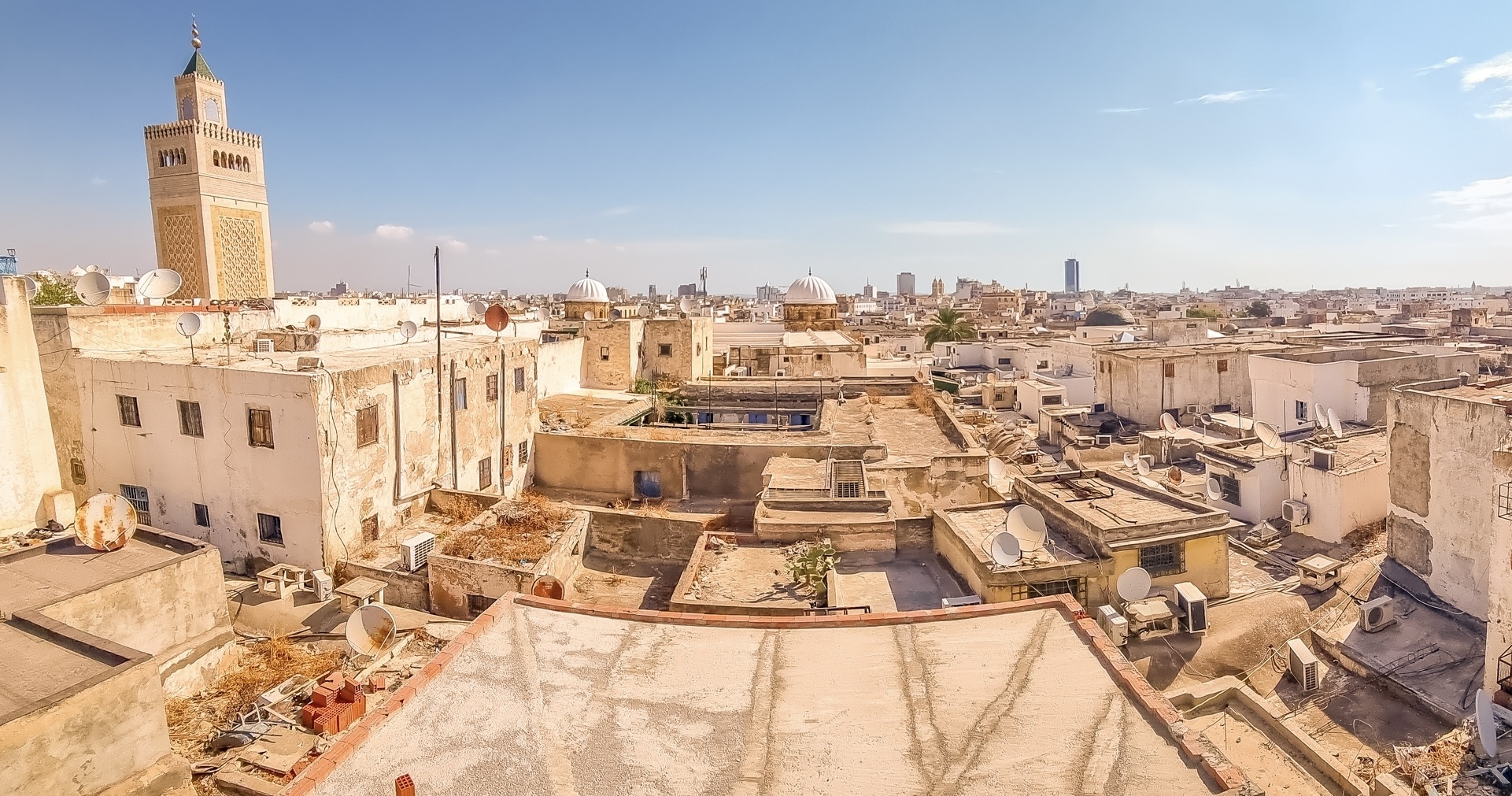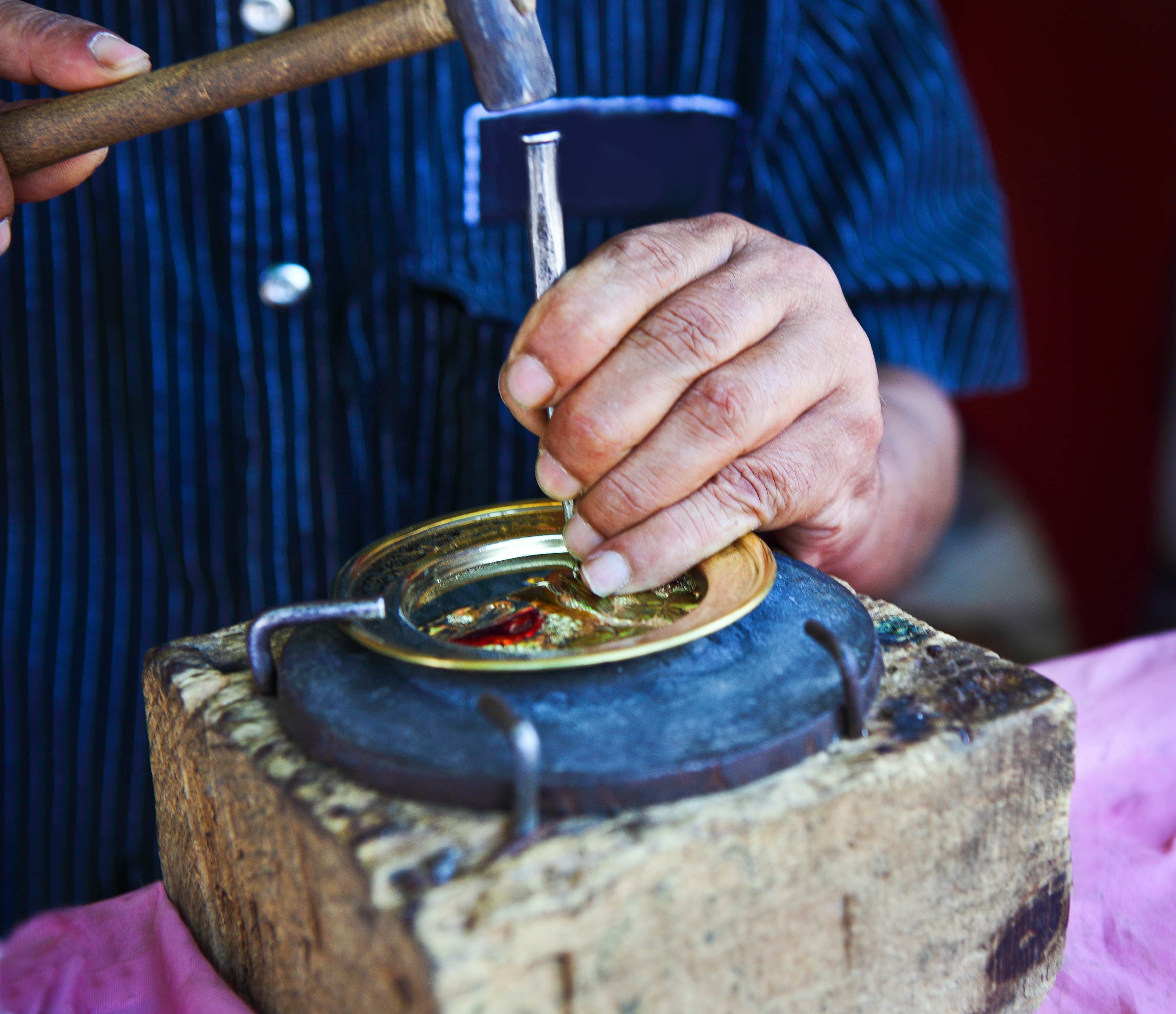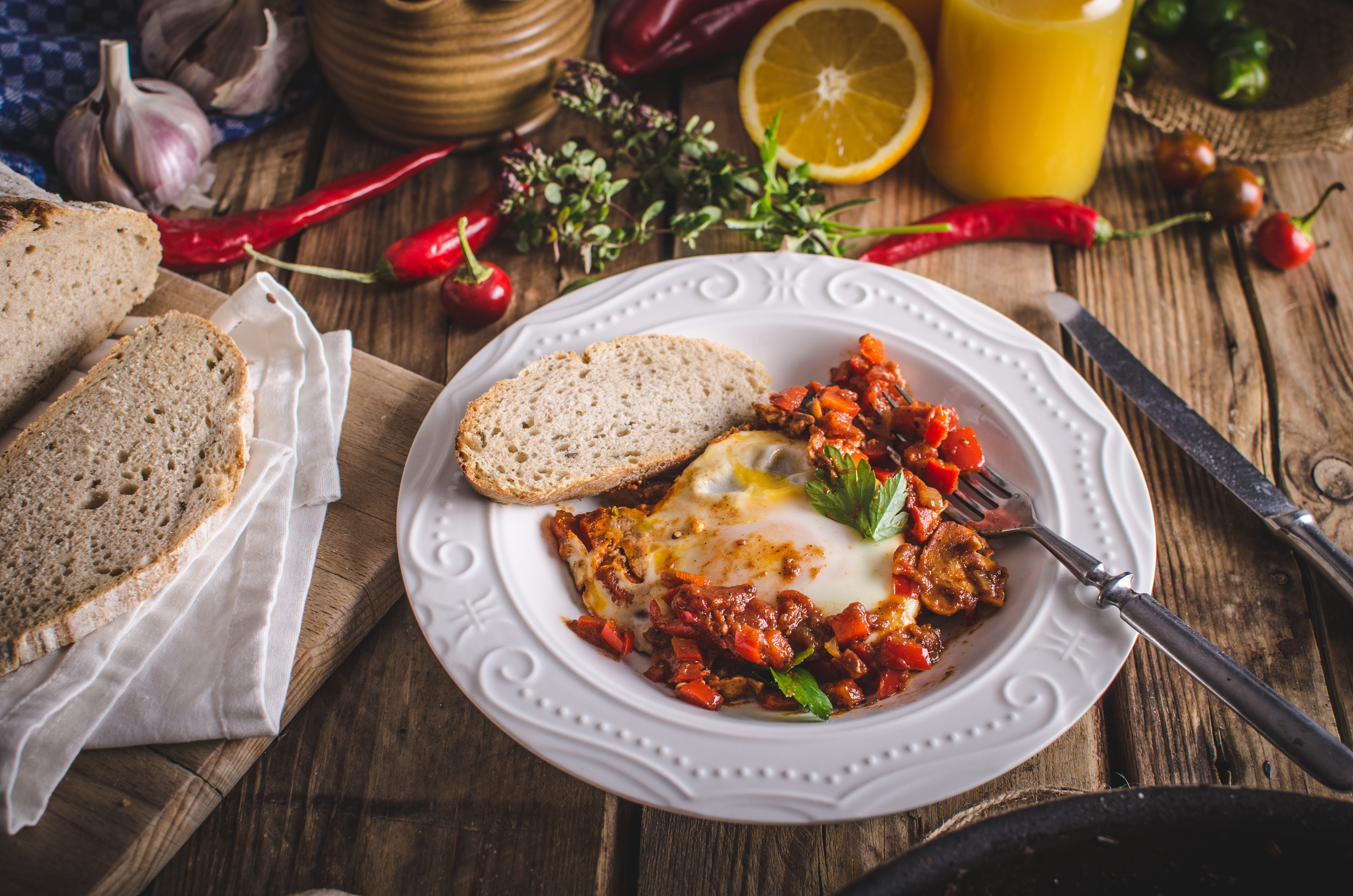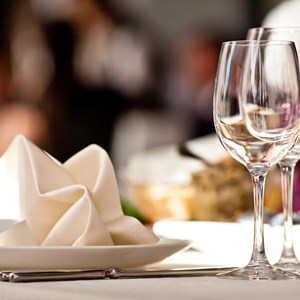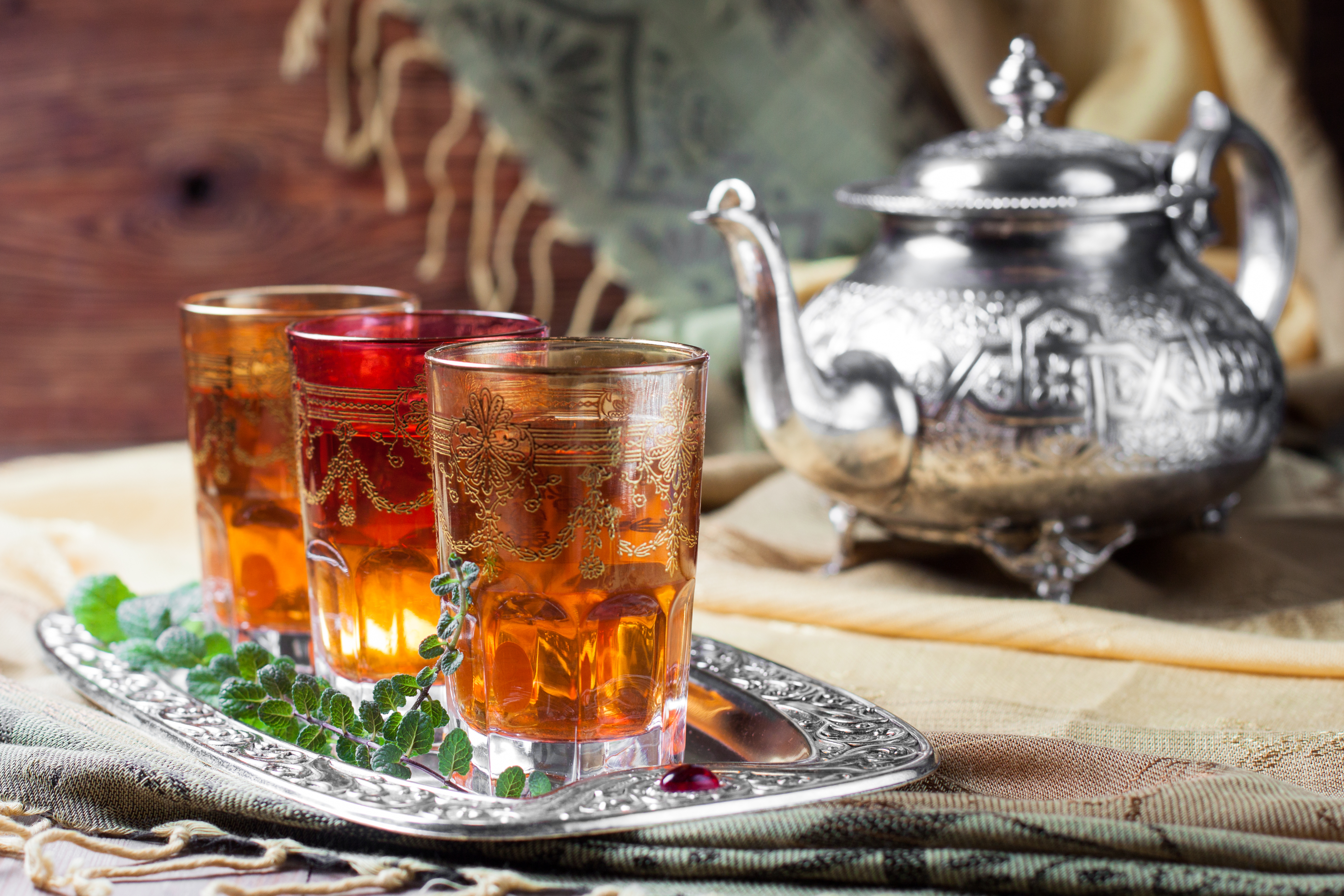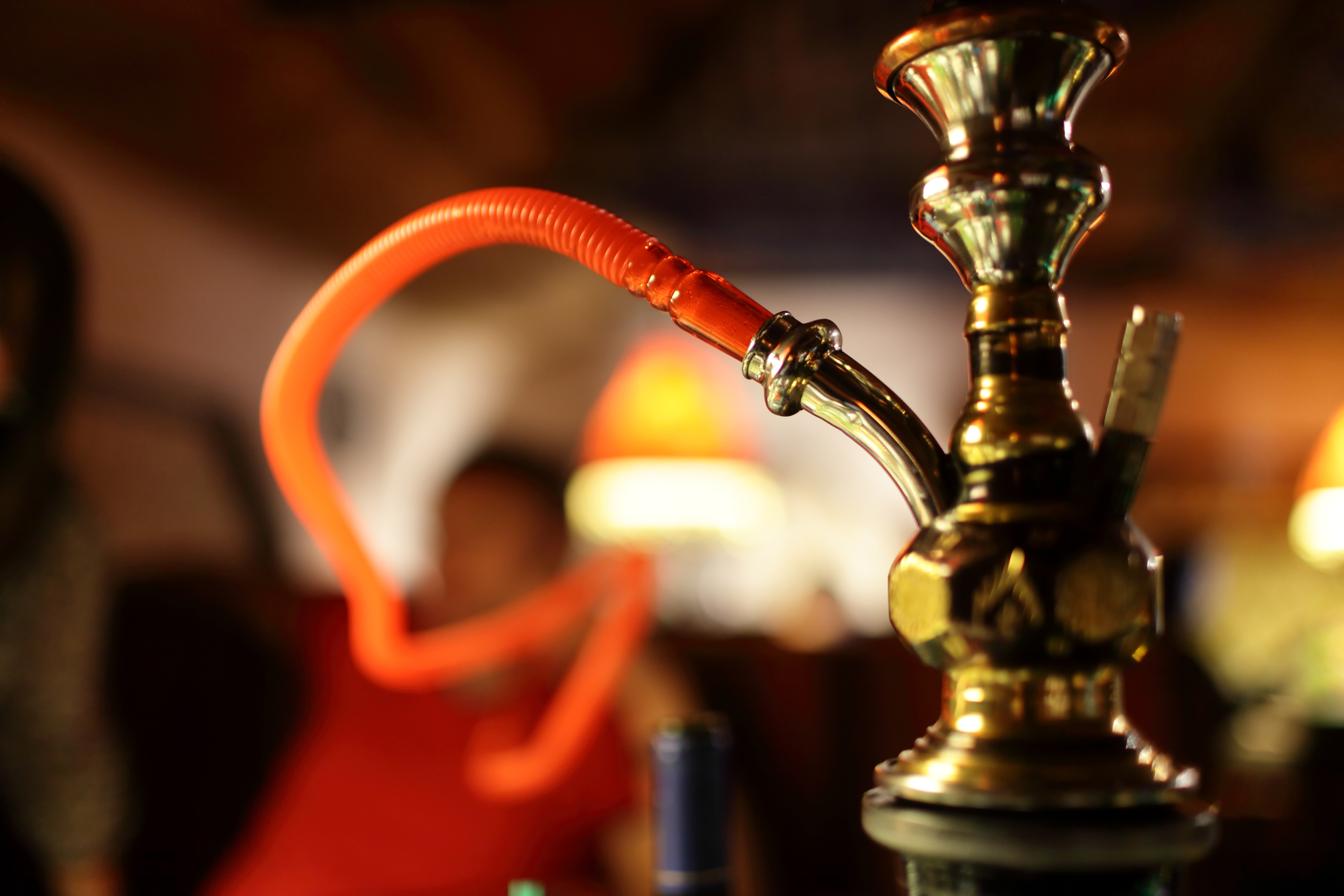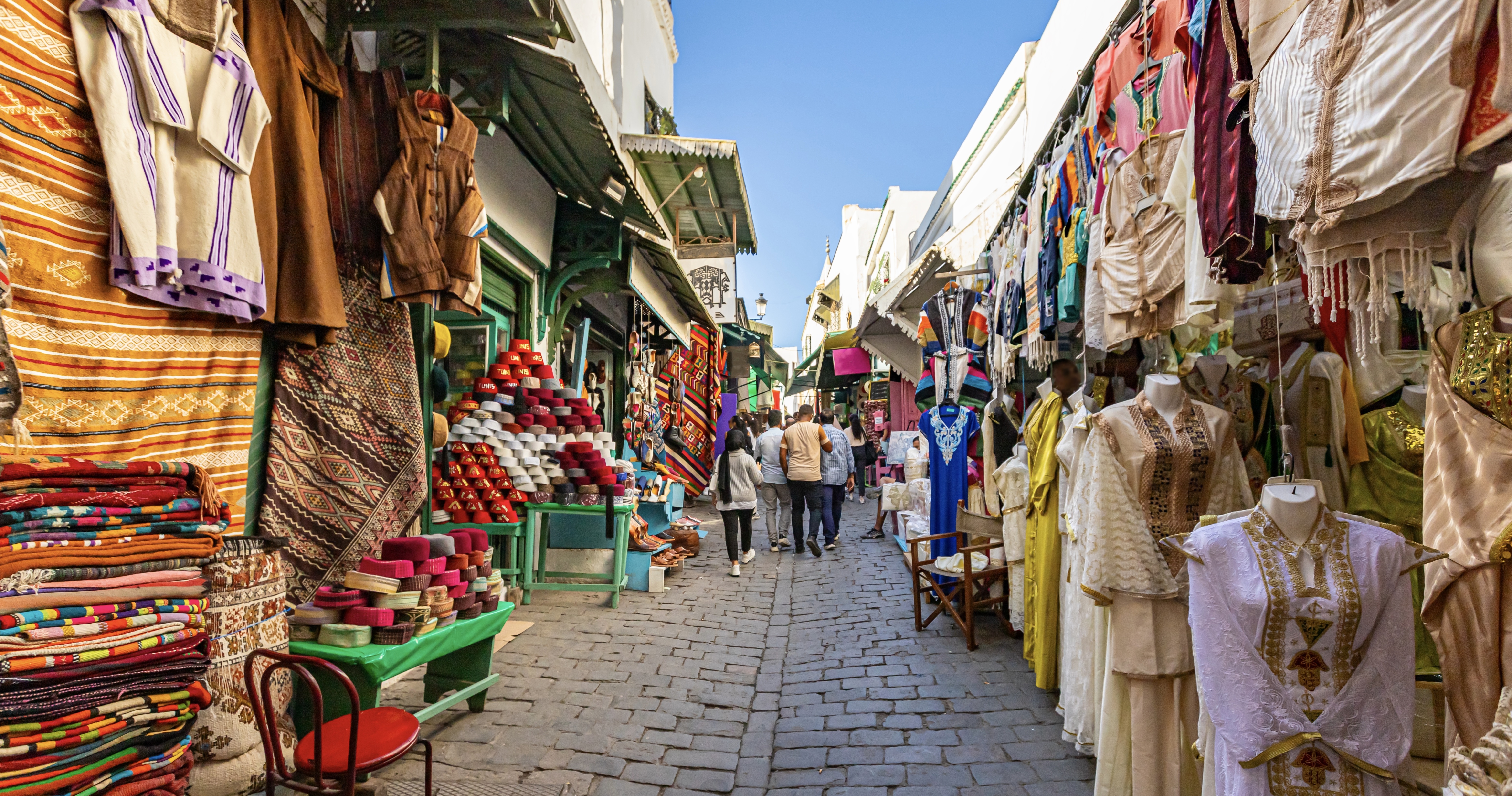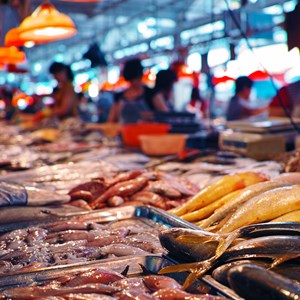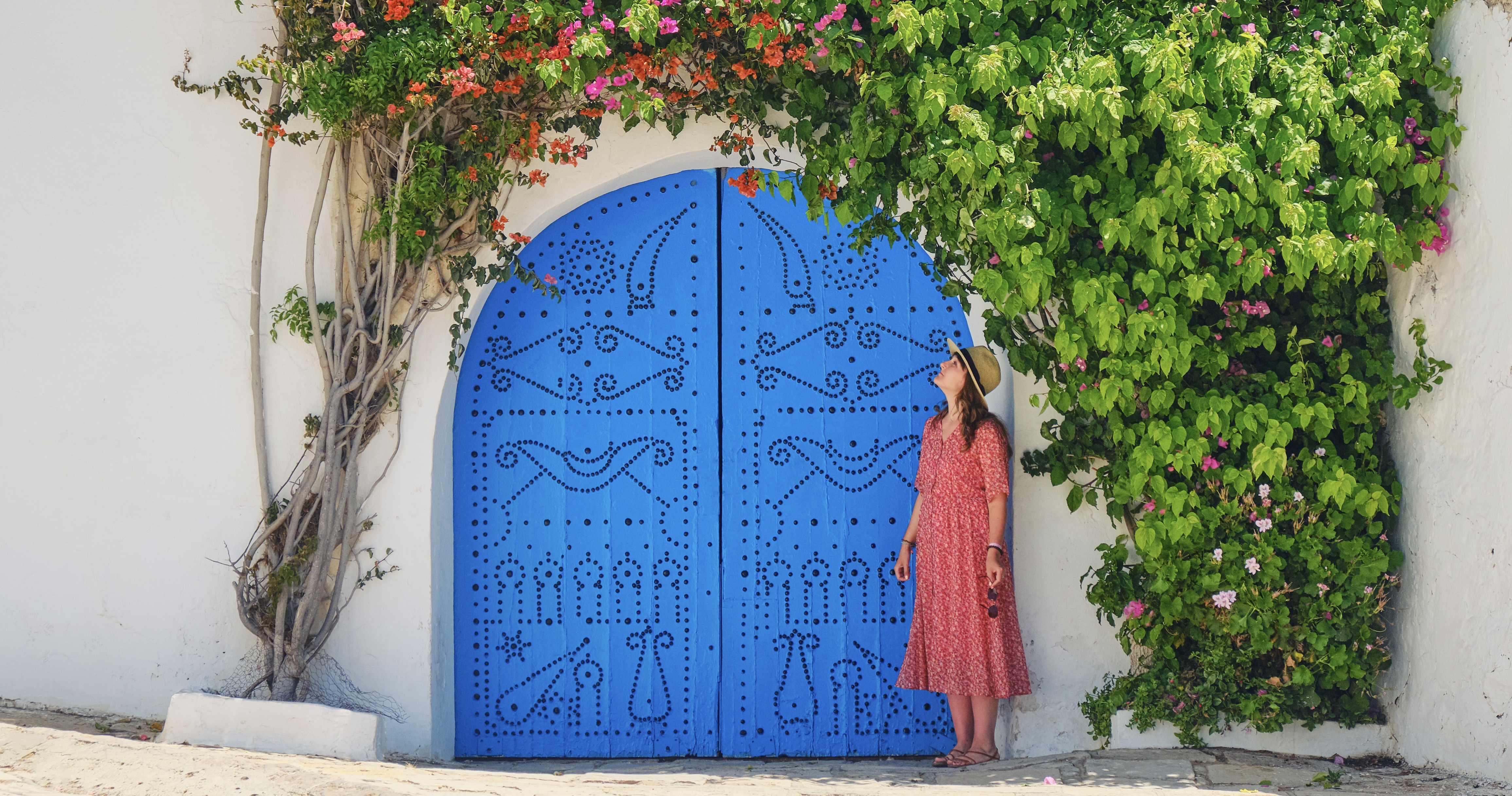

Unjustly overlooked by travellers en route to Tunisia's celebrated seaside resorts, the nation's capital certainly deserves more than just a quick glance through the shuttle bus window. The city lives and breathes history, from the crumbling columns of Carthage to Medina's labyrinthine alleys, where the scent of orange blossom mingles with freshly baked tabouna bread. This is where Roman mosaics, Ottoman arches and mid-century modernism collide with unshowy authenticity.
The City
Tunis reveals its layered history through two distinct faces: the ancient Medina, founded in the 8th century, and the 19th-century Ville Nouvelle, a legacy of French colonial rule. These contrasting districts showcase the city’s dual identity, where Arab-Islamic heritage meets European urban planning.
The Medina, a UNESCO-listed labyrinth of vaulted passageways and sun-dappled souks, forms the historic heart of Tunis. Here, over 700 centuries-old monuments share walls with vibrant market stalls. Ez-Zitouna mosque's geometric arches, the ornate Dar Ben Abdallah palace and the medieval madrasas all speak to the city’s Islamic golden age. Unlike the ordered grid of the newer quarters, the Medina’s organic layout invites slow exploration, with hidden courtyards and artisan workshops tucked behind unassuming doorways.
In stark contrast, the Ville Nouvelle mirrors the broad boulevards of Paris, its architecture blending Haussmann-style facades with Art Nouveau flourishes. Avenue Habib Bourguiba serves as its spine, where locals sip coffee at pavement cafés beneath the arched windows of the Municipal Theatre. Unlike the Medina’s kinetic energy, this district moves to a more measured rhythm — one of newspaper kiosks, formal gardens, and the occasional chime of a tram bell.
Together, these twin nuclei offer a study in harmonious contrast, where the call to prayer echoes past patisserie windows, and the scent of orange blossom mingles with freshly baked baguettes.
Do & See
Get lost in the maze of the Medina's winding streets, occasionally stopping to marvel at the work of craftsmen or admire local art and architecture. Pay a visit to one of the former Islamic schools (many of them have been turned into cultural centers), and remember to stop for a glass of traditional hot mint tea.
Only a few kilometers west of the city centre lie the coastal suburbs of Carthage, La Marsa and Gammarth, where most holiday resorts and luxury hotels are located. While La Marsa and Gammarth are known for their nightlife, Carthage (former seat of the powerful Carthaginian Empire) with its ancient Roman ruins is a must to explore for history lovers.
Dining
Tunisian cuisine, much like Tunisian culture, is a blend of culinary traditions from various parts of the world, from indigenous nomadic populations to Arabic, French, Turkish and Italian influences. Some of the dishes you are likely to find on a menu are "tajin" (frittata-style dish), "couscous" (not just as a garnish, but a full dish with meat and vegetables), "shakshouka" (ratatouille prepared with eggs and tomatoes) and its meatier cousin "ojja", and much more. Tunisian food tends to be spicier than that of other North African countries, so make sure to ask for your desired level of heat before you order.
Cafés
Dates, nuts, and honey are the three ingredients that feature in most traditional Tunisian desserts. Makroudh and Baklawa are the two most common ones, along with powdered doughnuts sprinkled with nuts and honey. Seasonal fresh fruit is often served as dessert after a meal, and is well expected when dining out.
There is no shortage of European-style pastries and sweets in the Tunisian capital either. Small bakeries dot the new part of the city, and French-looking cafés offer all sorts of desserts and pastries such as crepes, croissants and cakes.
Bars & Nightlife
Tunis may not have much in the way of nightclubs, but the nation's capital certainly boasts a few enticing spots for an evening drink. Most hotels feature adjacent bars and lounges, some with superb views.
The seaside areas of Marsa and Gammarth are known for their luxury hotels. Most of them have their own tourist-friendly bars and clubs. Female travellers to the area must be warned that quite a few establishments outside of big hotels still only cater to men, and going out solo at night is highly advised against.
Shopping
The number one shopping spot in the city of Tunis is, of course, the Medina and its endless narrow souqs, most of which specialise in a particular product. Whole streets here are devoted to books, spices, textiles, ceramics, natural cosmetics and other goods. Haggling is expected here, so the first price you hear may be grossly exaggerated.
If haggling becomes overwhelming, head to the new part of town, or Vouvelle Ville, where most shops sell a very similar array of goods but offer fixed prices and are pleasantly air-conditioned. Those with a sweet tooth should stock up on "candy" made with dates, boxes of which make good edible gifts and souvenirs.
Tourist Information
Tunis–Carthage International Airport (TUN)
The Tunis International Airport is conveniently located close to the city centre. A journey to or from the airport should take no more than 20 minutes depending on the traffic.
The airport is served by bus lines and taxis, but not by train.
There are two bus lines connecting Tunis city centre to the airport. SNT buses run at 30-minute intervals with trips costing less than 1 dinar. TUT buses depart more frequently (every 15 minutes) and are more modern and slightly more costly.
Taxis are readily available upon exiting the terminal, but make sure to either agree on the price beforehand or check that the driver uses an official taxi meter prior to departure.
Address: Aéroport international de Tunis-Carthage, Tunis
Email:
Phone: +216 71 754 000
Website: www.aeroport-de-tunis-carthage.com
More Information:
Passport & Visa
For stays of up to 90 days, a visa is not required for citizens of 97 world countries, including all citizens of the European Union (except Cyprus), Untied States, Canada, Australia, Russia, and an extensive number of further states. Citizens of Azerbaijan, Belarus, Georgia, Kazakhstan, Kyrgyzstan, Macao, Tajikistan, Turkmenistan, Ukraine and Uzbekistan may only enter visa-free when travelling as part of an organized tour, upon producing a hotel voucher. For updated information at your planned time of travel, please contact an embassy or consulate closest to you.
Address:
Email:
Phone:
Website:
More Information:
Best Time to Visit
For exploring Tunis, spring (April through May) and autumn (September and October) deliver ideal conditions. The weather is warm but not extremely hot, perfect for sightseeing without summer crowds. Winter brings mild, sunny days suited to desert trips, exploring the medina or golfing. February stands out with its crowd-free sights and absence of summer’s heat or insects.
Spring’s greenery makes this season ideal for coastal breaks and water sports. Summer transforms Tunisia into a vibrant seaside escape with lively nights and endless beaches. Autumn balances warm sea swims with desert adventures, followed by spa treatments at Thalasso centres.
Address:
Email:
Phone:
Website:
More Information:
Public Transport
Tunis offers a comprehensive public transport network, including buses, an above-ground light rail system (known as le métro or métro léger), and the TGM (Tunis-Goulette-Marsa) suburban train line linking the city centre to northern suburbs like La Goulette, Sidi Bou Saïd and Carthage. The TGM provides affordable, frequent service with scenic coastal views. Note that some stations don't have ticket offices, so buying tickets in advance helps.
For budget-friendly travel, buses operated by Transtu cover urban and suburban routes. You can buy tickets at stops or onboard, but be prepared for crowds during peak hours.
To experience transport like a local, try shared louage taxis. These minivans, similar to Turkey’s "dolmuş" and Latin American "colectivo", depart when full and offer faster, more flexible trips than buses, even to destinations beyond the city.
Address:
Email:
Phone:
Website: www.transtu.tn
More Information:
Taxi
Yellow cabs that circulate around the city usually run with a taxi meter, but make sure that your driver turns it on before starting the journey. Oddly, the taxis with a red light on are free to be hailed, while a green light means the cab is occupied.
If the taxi you decide to use does not have a meter, make sure to agree on the price to your destination before getting in.
Payments are cash only.
Uber and Lyft are not available in Tunisia. Bolt, another ride-hailing app, suspended its operations in May 2025.
Address:
Email:
Phone:
Website: www.welcomepickups.com/tunis/taxi
More Information:
Post
There are several post offices located around the city. You'll find a big post office in the city centre on rue Charles de Gaulle. There's also a small branch at the airport in case you want to send some last-minute postcards.
Address: La Poste Tunis Recette Principale, 30 Rue Charles de Gaulle, Tunis
Email:
Phone:
Website: www.poste.tn
More Information:
Pharmacy
Pharmacies, usually marked by green neon signs spelling “Pharmacie”, are ubiquitous in Tunis. While most close by evening, each displays the address of the nearest night pharmacy on its door — typically one per district. Note that French-speaking staff are common, but it’s wise to know your medication’s generic name. For minor ailments, pharmacists can prescribe treatments directly, saving clinic visits.
Address:
Email:
Phone:
Website:
More Information:
Electricity
Tunisia’s electrical system operates at 230 volts with a frequency of 50 Hz. Power sockets are Type C (two round pins) and Type E (two round pins with an earthing socket).
Address:
Email:
Phone:
Website:
More Information:
Phone
Country code 216 followed by an 8-figure number.
Area codes for Tunis: 70, 71 and 79.
Address:
Email:
Phone:
Website:
More Information:


